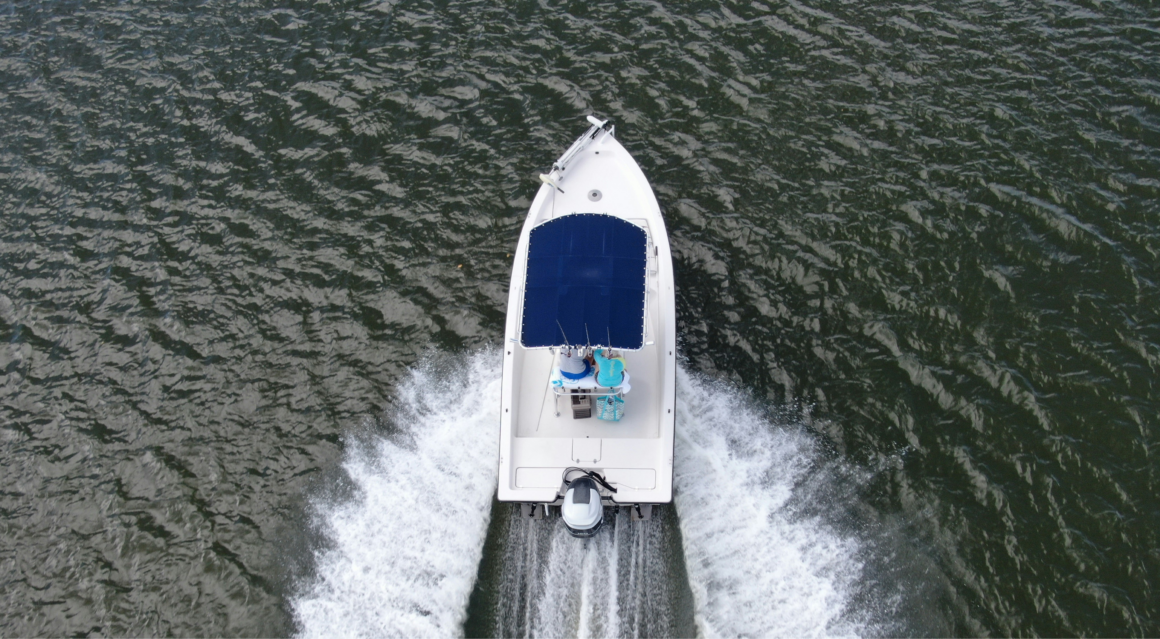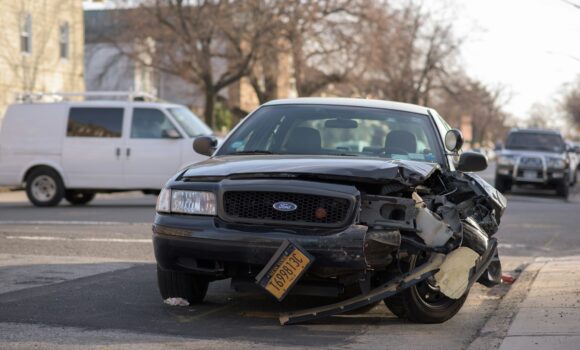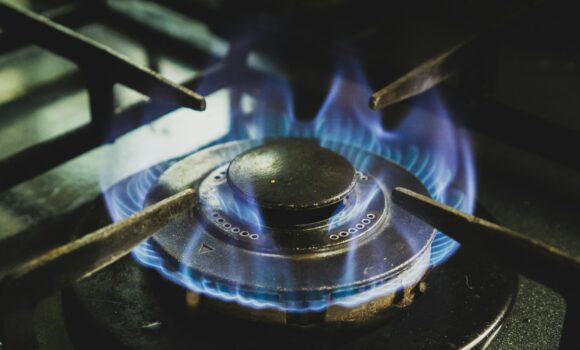Your Ultimate Guide to Handling a Boating Accident
How to be prepared if tragedy strikes.

You’re out on the water, enjoying a sunny day, when suddenly, things take a turn for the worse. A boating accident occurs. It’s a situation nobody wants to find themselves in, but being prepared and knowing what steps to take can make a world of difference. This guide is here to walk you through steps to consider after a boating accident.
Immediate Actions: Safety First
First things first, check yourself and others for injuries. Safety is the top priority. If anyone is injured, call 9-1-1 immediately. Even if injuries seem minor, it’s better to err on the side of caution. Adrenaline can mask pain, and what seems like a small cut or bruise might be something more serious.
Ensure the safety of all passengers by making sure everyone is wearing a life jacket and is safe from further harm. If the boat is in danger of sinking or there’s a risk of fire, move everyone to a safe location.
Use your boat’s radio to call for help. Channel 16 on a VHF radio is the international distress frequency. Give your location, the nature of the emergency, and the number of people on board.
Stay calm and stay with the boat unless it’s in immediate danger of sinking. It’s easier for rescuers to spot a boat than individual people in the water.
Assessing the Situation
Once help has arrived, it’s time to evaluate the damage. Assess the damage to your boat and any other vessels involved. Try to remember to document what you can through pictures or video.
Collect information from the others, just like you would in a car accident. Get their names, contact information, boat registration numbers, and insurance details.
Document the scene with as many photos as possible from different angles. Capture the damage, the location, the weather conditions, and any other relevant details. This documentation will be crucial if there’s a dispute about what happened.
Reporting the Accident
In the United States, you are required to report an accident to the U.S. Coast Guard if there are injuries, deaths, or significant property damage. Contact the local marine authority or the U.S. Coast Guard and file an accident report. Be honest and thorough. Providing accurate information will help in any subsequent investigations. Notify your insurance company as soon as possible. Provide them with all the information you’ve gathered, including photos and the accident report number. They’ll guide you through the claims process.
Legal Considerations
Understanding liability in a boating accident can be complex. It may involve understanding maritime laws, which differ from regular traffic laws. Fault could be shared, or it might rest entirely on one party.
Given these complexities, it’s often wise to consult with a personal injury lawyer who specializes in boating accidents. They can help you understand your rights and the best course of action, especially if there are significant injuries or disputes over liability.
Continue gathering evidence even after the immediate aftermath. Keep records of medical treatments, repair bills, and any other expenses related to the accident. These will be important if you pursue a legal claim.
Ensuring Boat Safety
Preventive measures can go a long way towards avoiding an accident. Regularly maintain your boat, checking the engine, electrical systems, and safety equipment. A well-maintained boat is less likely to suffer mechanical failures that could lead to accidents.
Ensure your boat is equipped with the necessary safety equipment, such as life jackets, fire extinguishers, flares, and a first aid kit. Regularly check that all equipment is in good working condition. Familiarize yourself with boating laws and regulations. Understanding right-of-way rules, speed limits, and other regulations can prevent accidents. Consider taking a boater safety course. These courses cover essential information about safe boating practices and can be beneficial for both new and experienced boaters. It’s also important to try to watch out for other boats who may not be as conscientious as you.
Communicating Clearly
Clear communication can make a significant difference in the event of an accident. Ensure that your boat’s radio is in good working order and that you know how to use it. Familiarize yourself with emergency signals and procedures. Knowing how to send a distress signal can expedite rescue efforts and potentially save lives. Ensure all your boat’s documentation is up to date and easily accessible. This includes registration, insurance papers, and any other relevant documents.
Visibility and Safety
Wearing brightly colored life jackets and gear can make you easily visible in an emergency. In such situations, being spotted by rescuers quickly can make a significant difference. Ensure your boat’s lighting is functional and complies with regulations. Proper lighting is crucial for visibility, especially in low-light conditions or at night. Equip your boat with signaling devices like flares, whistles, and mirrors. These can help attract attention and facilitate rescue operations.
Telling Your Story
Photos and videos are powerful tools for documenting an accident. They provide a visual record that can be invaluable. If there are witnesses to the accident, ask them if they are willing to provide their contact information. Write down your own account of the accident as soon as possible. Details can become hazy with time, so capturing your immediate recollections is crucial.
Conclusion
Finding yourself in a boating accident can be a terrifying and chaotic experience. However, knowing what steps to take can help you navigate the aftermath with more confidence and clarity. From ensuring immediate safety and documenting the scene to understanding legal implications and maintaining your boat, each step plays a crucial role in managing the situation effectively.
It’s clear that preparedness is key. Regular maintenance, proper safety equipment, and a good understanding of boating laws can prevent many accidents. But if the unexpected does happen, being equipped with the knowledge of what to do can make all the difference.
Stay safe out there, and remember, the calm seas will return.
About Strong Law P.C.
Strong Law P.C. is dedicated to providing comprehensive legal support for personal injury and wrongful death cases, including boating accidents. Our team of experienced lawyers understands the complex issues that can be involved with boating accidents and is here to help you navigate the legal waters. If you’ve been involved in a boating accident, don’t hesitate to contact us for expert guidance and representation. We’re here to ensure you receive the justice and compensation you deserve.
Tell Us About Your Case
Contact us today at (417) 887-4300 or online to arrange your free case evaluation. Our Experienced Trial Attorneys will walk you through your legal options.


